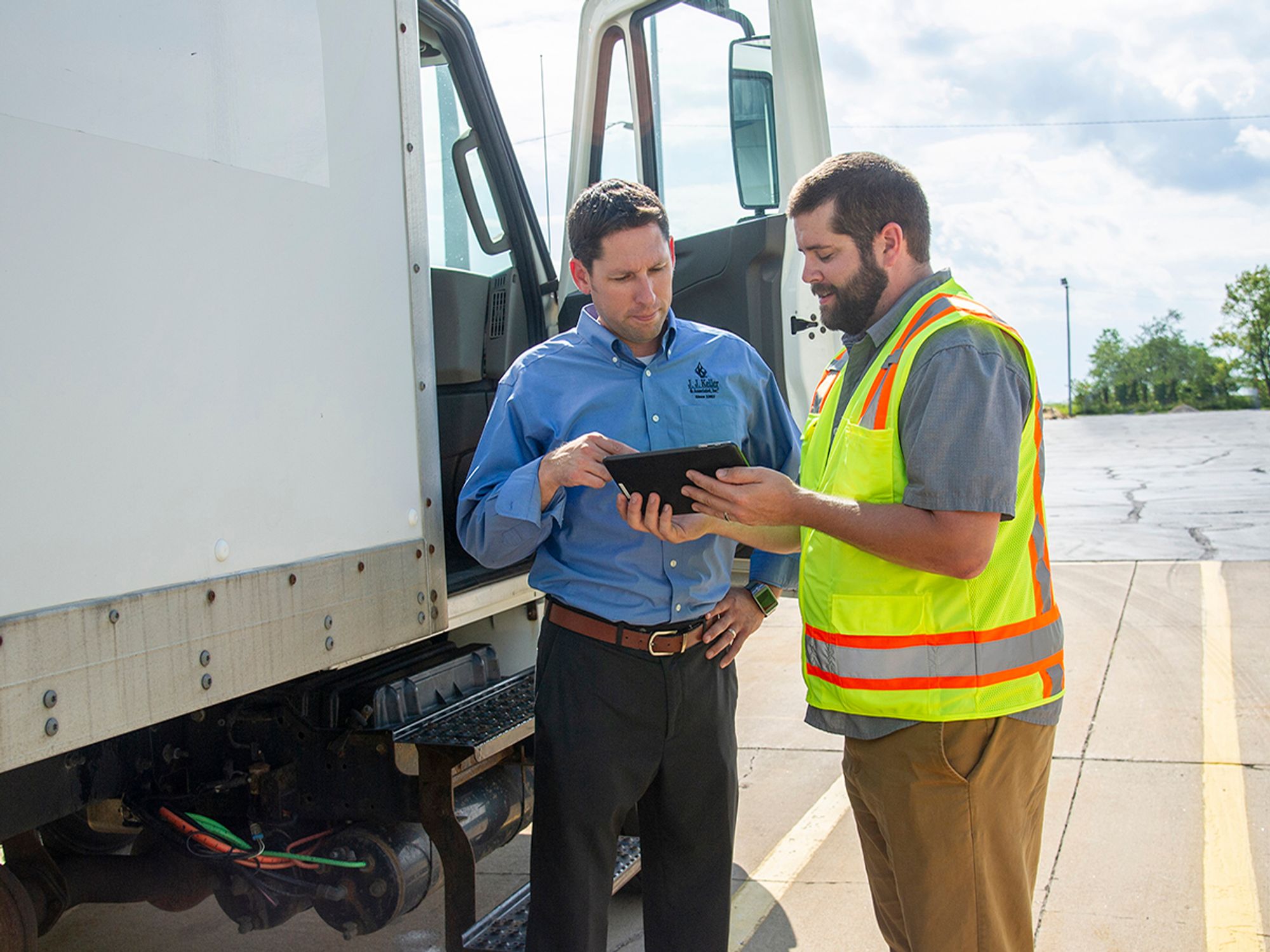InstitutePost-accident drug and alcohol testing - Motor CarrierDrug and alcohol policy - Motor CarrierMedical review officer (MRO) - Motor CarrierDrug and Alcohol Testing - DOTDrug testing - Motor CarrierTransportationUSAEnglishDrug and Alcohol Clearinghouse - Motor CarrierReasonable suspicion drug and alcohol testing - Motor CarrierFleet SafetyRandom alcohol and drug testing- Motor CarrierSafety-sensitive function - Motor CarrierAlcohol testing - Motor CarrierAnalysisFocus AreaIn Depth (Level 3)
Immediate actions by the employer
['Drug and Alcohol Testing - DOT']

- Employers must take five immediate actions if a driver violates FMCSA drug and/or alcohol regulations.
The following steps must be taken after a violation:
- Notify the driver. The employer must notify the driver of the results of the test if the driver failed a random, reasonable-suspicion, or post-accident drug test. The employer must also inform the driver which drug was verified as positive.
- Pull the driver. The driver must stop performing safety-sensitive functions immediately, and must not be allowed to perform such functions. This includes driving a commercial motor vehicle, but also the various other tasks included in the definition of “safety-sensitive function.”
A rule violation by a commercial driver’s license (CDL)-carrying driver operating a 26,001-pound or greater vehicle in interstate or intrastate commerce means the driver is also prohibited from driving a 10,001-pound or greater vehicle in interstate commerce. In other words, the driver is prohibited from operating any “commercial motor vehicle” as defined in 382.107 and 390.5.
Section 382.119 prohibits companies from removing its drivers from duty based solely on an unconfirmed drug test result. The results must be confirmed before a company acts.
- Refer the driver. The employer must refer the driver to a substance abuse professional (SAP) for evaluation and treatment, even if the driver is an applicant or new employee. The employer must provide a list of SAPs readily available to the employee and acceptable to the employer, with names, addresses, and telephone numbers. The employer may not charge for the list. The employer is not responsible for making sure the driver reports to an SAP, nor for paying for the SAP’s services.
- Report the results. The employer must report the following information to the Federal Motor Carrier Safety Administration (FMCSA) Drug and Alcohol Clearinghouse (online at clearinghouse.fmcsa.dot.gov) by the close of the third business day following the date on which the company obtained the information (382.705):
- Any alcohol confirmation test result with an alcohol concentration of 0.04 or greater;
- Any refusal to take an alcohol test (40.261);
- Any refusal to take a drug test where the medical review officer (MRO) is not involved in making the determination (i.e., employers must report refusals to test as described in 40.191(a)(1) through (4), (a)(6), (a)(8) through (11), or (d)(1) (but in the case of a refusal under (a)(11), only report an admission made to the specimen collector)); and
- Actual knowledge (defined in 382.107) that a driver has used alcohol on duty (including a traffic citation for driving under the influence (DUI)/driving while intoxicated (DWI) in a CDL-class commercial vehicle), used alcohol within four hours of coming on duty, used alcohol prior to post-accident testing, or has used a controlled substance.
- Keep and share records. The employer must keep all records related to the driver’s drug and/or alcohol test(s) and must provide that information to other employers upon request. The information may not be released without the driver’s written permission.
